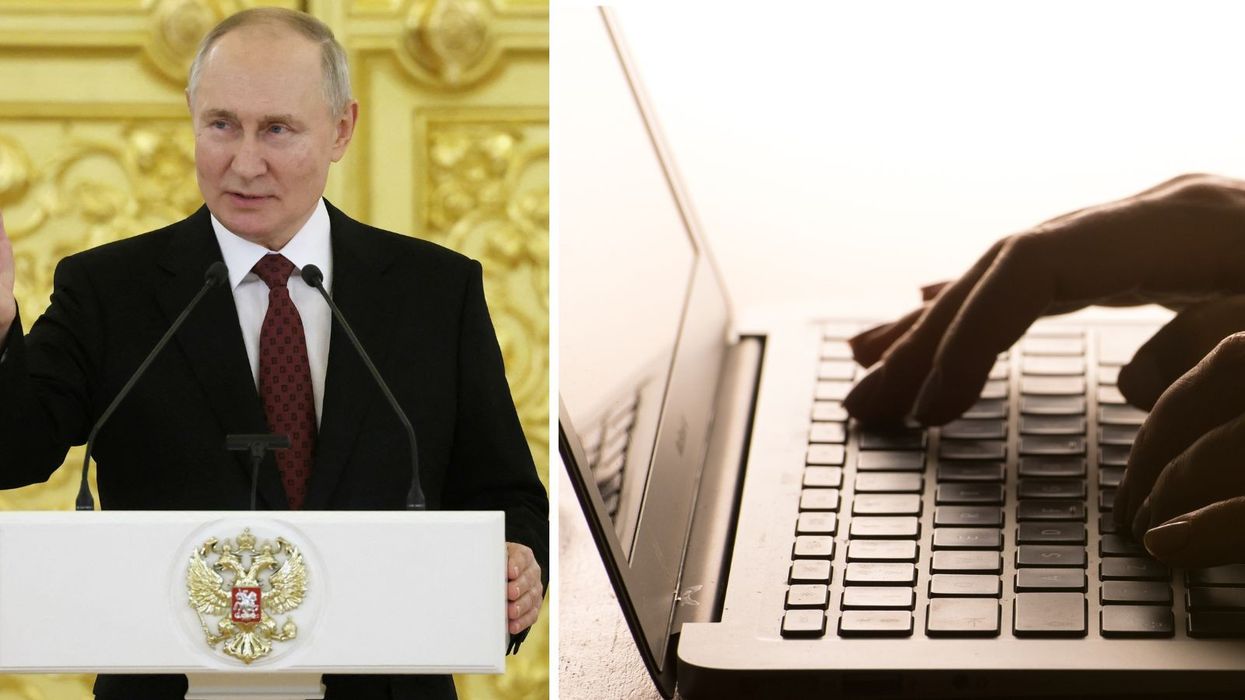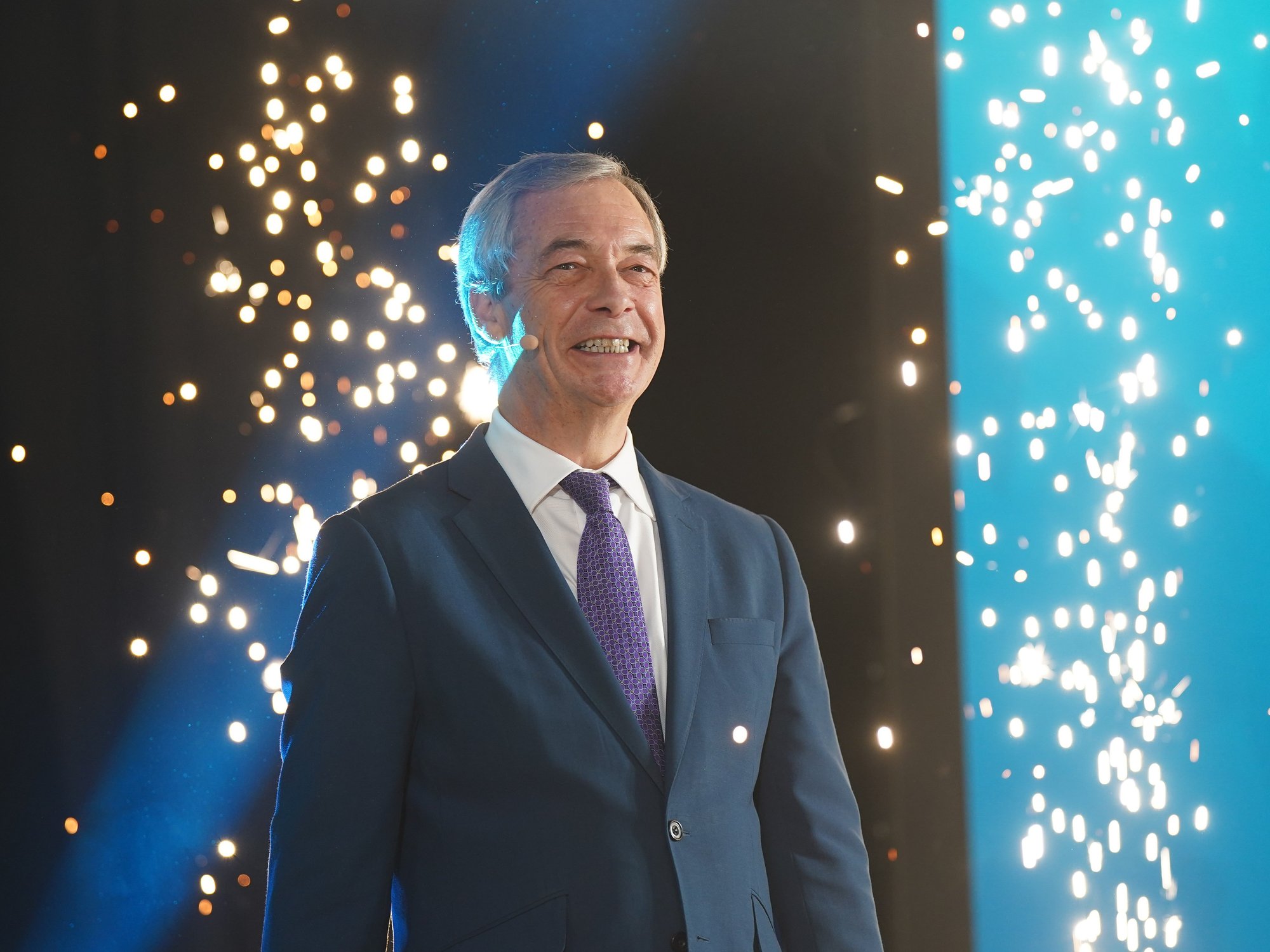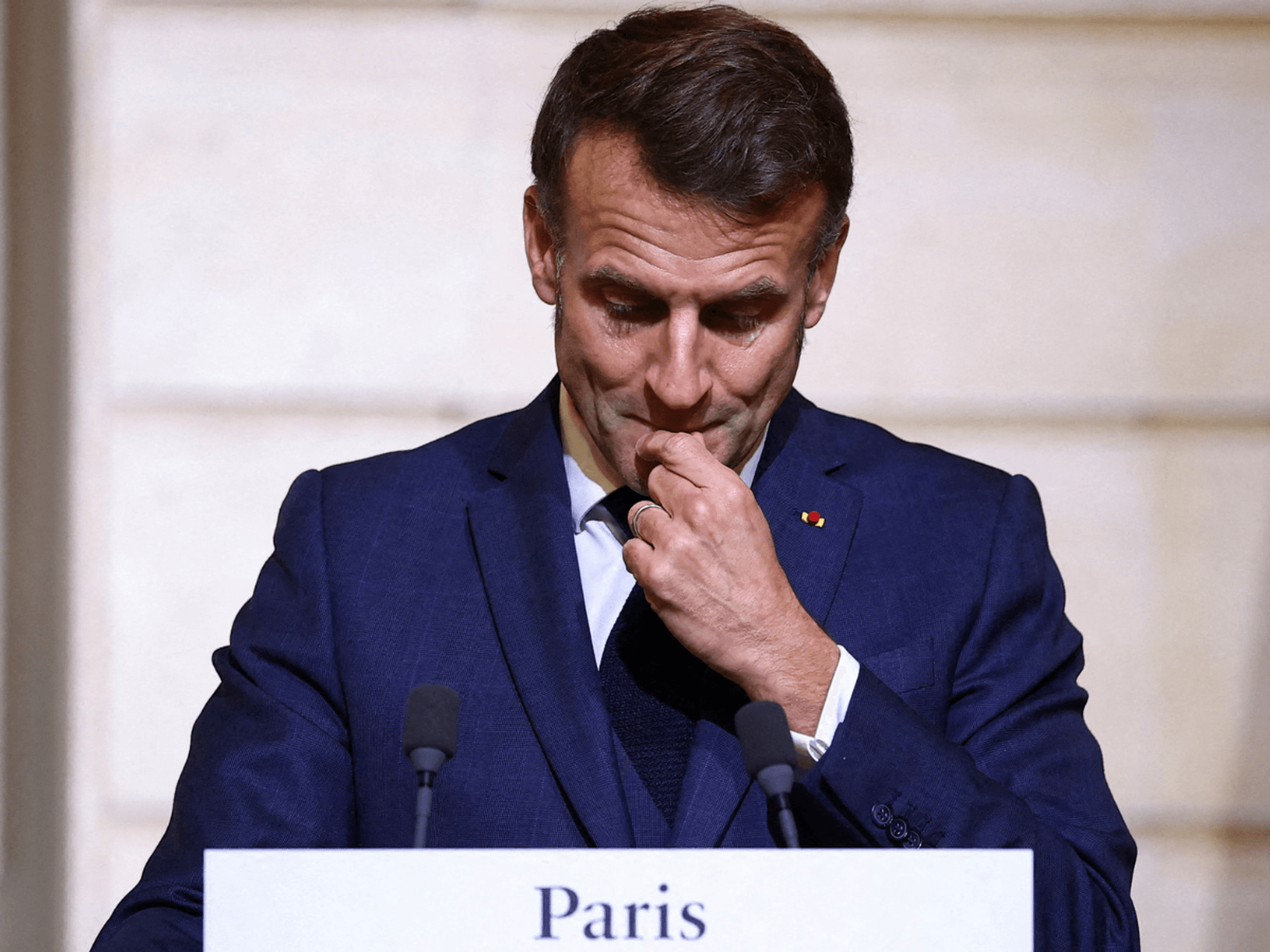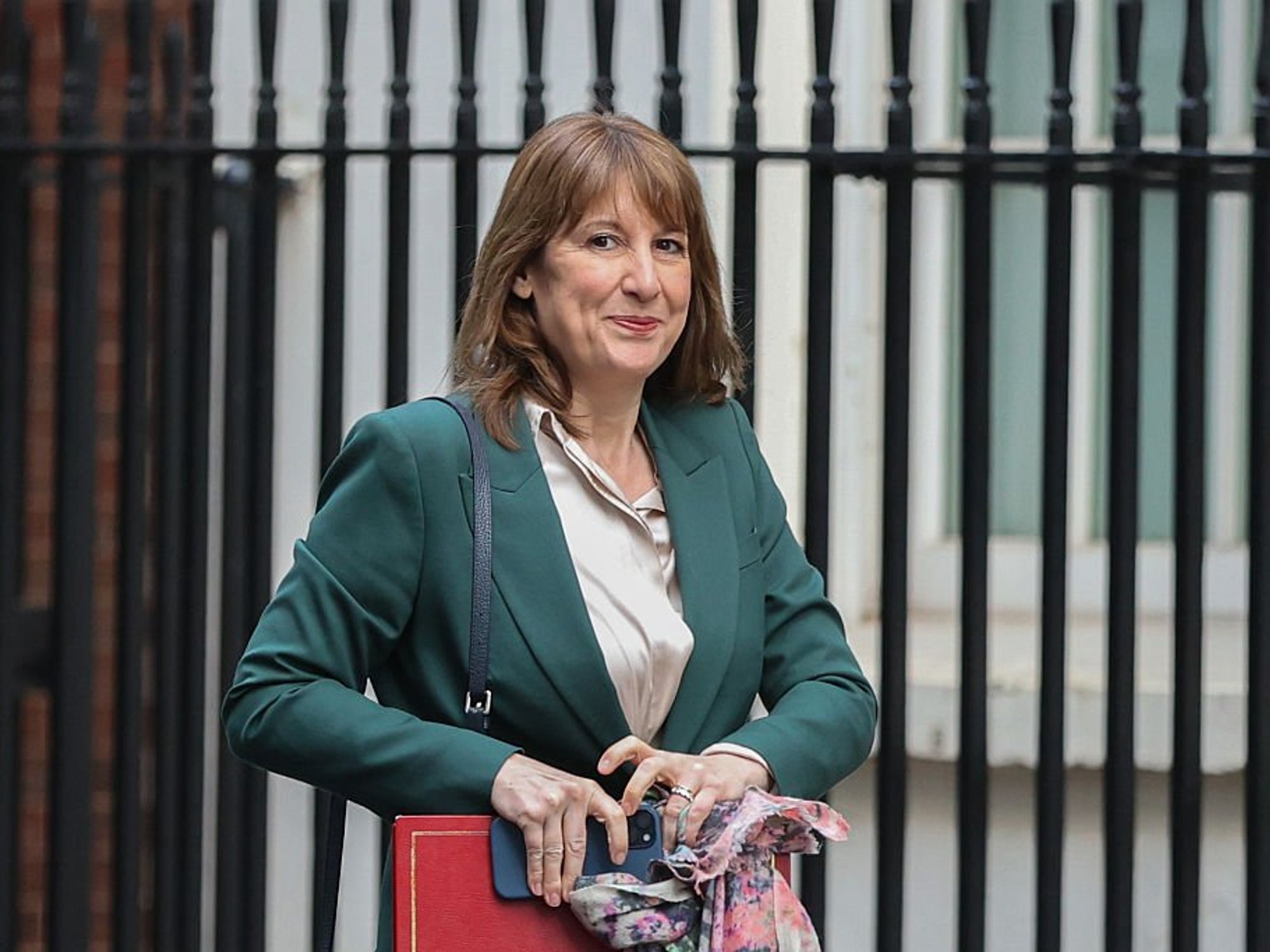UK hacked by Russia: Moscow led ‘sustained’ cyber attack 'from shadows' on Britain - ambassador summoned

Russia's security service has hacked British politicians
|PA/REUTERS

Russian hackers operating from “the shadows” to damage British democracy, warns minister
Don't Miss
Most Read
Latest
Russia’s Federal Security Service (FSB) led a “sustained” hacking campaign against British politicians and political processes, the government announced this morning.
Victims, who have been told but aren’t being named, include a large number of high-profile MPs from several political parties.
It is understood the politicians also had their personal email accounts hacked.
Docherty told the House of Commons this morning that Russia’s ambassador had been summoned.
He added that two individuals – including a serving Russian spy – were being sanctioned by the British government.
A hacking group dubbed "Cold River" by cybersecurity researchers was working on behalf of Russia's Federal Security Service (FSB).
WATCH: Oliver Dowden gives huge update on Russia hack on UK
Doherty said that Russia wanted to influence from “the shadows” and had targeted politicians, journalists and civil servants.
The FCDO minister said that state-aligned Russian groups, including one called Star Blizzard, had targeted high profile individuals.
There were attempts to compromise email addresses across the public sector.
Doherty said that a group called Star Blizzard was behind the 2018 hack of Institute for Statecraft and later targeted its leadership, leaking documents soon after.
He said the cyber attack targeting was a “clear pattern of behaviour” by Russia and that the government would hold those responsible accountable.
Impersonation attempts have been made to compromise email accounts in the public sector and wider civil society, Foreign Office minister Docherty told the Commons.
He went on to say that “false accounts” had been created “impersonating contacts to appear legitimate” and create a “believable approach seeking to build a rapport before delivering a malicious link”.
He added: “The targeting of this group is not limited to politicians but public-facing figures and institutions of all types. We have seen impersonation and attempts to compromise email accounts the public sector, universities, media, NGOs and wider civil society.
“Many of these individuals and organisations play a vital role in our democracy.
“As an example the group was responsible for the 2018 hack of the Institute for Statecraft, a UK think tank whose work included initiatives to defend democracy against disinformation, and the more recent hack of its founder.”
He added: “The Government’s assessment is based on extensive analysis from the UK intelligence community and supported by a range of close international partners.”
The announcement comes just days after Deputy Prime Minister Oliver Dowden urged Britons to buy torches, candles and first aid kits to prepare for power cuts and cyber attacks.
He added that Britain must retain “analogue” capabilities in the digital age amid threats to critical national infrastructure from hostile state actors.
The National Cyber Security Centre warned last month of an enduring and significant threat posed by states and state-aligned groups to the national assets that the UK relies on for the everyday functioning of society.
Philip Ingram, a former senior military intelligence officer, told GB News he was “unsurprised” by the news of the attack but said Britain needed to be vigilant of the “real” threat ahead of a likely upcoming general election.
“The Russians are actively and constantly targeting people and organisations across the UK on a daily basis and will continue to do so.”
He warned that Moscow “will also be trying to compromise individuals through the use of human intelligence assets as well.”










